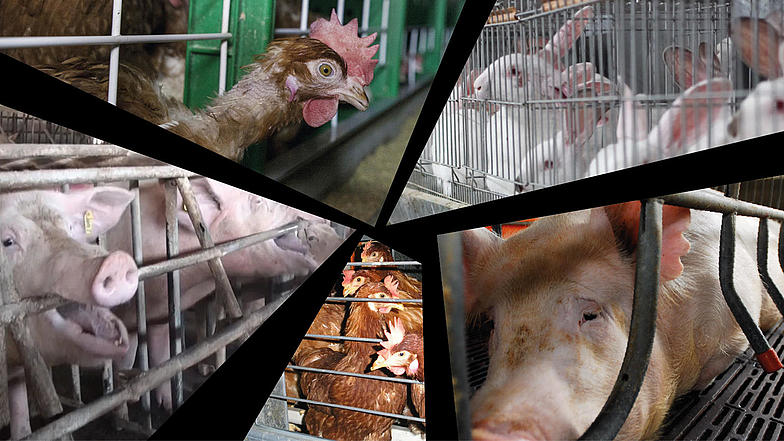foodwatch has joined the lawsuit initiated by the European Citizens' Initiative (ECI) “End the Cage Age” against the EU Commission. Following the successful ECI, the Commission had committed legally to present specific legislative proposals to ban cage farming in the EU by the end of 2023. However, since this has not yet occurred, the committee of the citizens' initiative is now taking legal action against the EU Commission. We will apply to the European Court of Justice to participate as an intervener in the lawsuit, providing the consumers' perspective.
